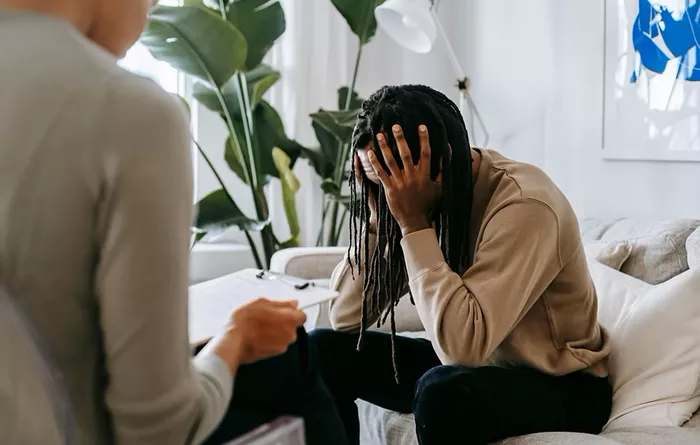Mental health advocates and professionals are highlighting the urgent need for culturally competent care and open discussions around emotional wellbeing—particularly among Black men, a group disproportionately affected by suicide yet often excluded from safe, supportive environments.
Jason Jennings-Wright, a hospital social worker, psychiatric rehabilitation therapist, and adjunct professor, has witnessed firsthand the silent suffering many Black men endure.
“We don’t give men—especially Black men—the space to say, ‘I’m not okay,’” Jennings-Wright said. “We’ve been taught that vulnerability equals weakness, but staying silent is costing lives.”
Alarming Suicide Rates Among Men
According to data from the Centers for Disease Control and Prevention (CDC), the suicide rate among men in 2023 was nearly four times higher than that of women. Despite comprising half the U.S. population, men account for nearly 80% of all suicides.
Mental health professionals stress that stigma, cultural expectations, and a lack of accessible, culturally relevant care prevent many Black men from seeking help.
“If mental health isn’t visible in our communities, we don’t even know how to name what we’re feeling,” said Jennings-Wright.
Breaking Generational Silence
Mark E. Carrington, a Black man who began therapy after suffering severe panic attacks, said that silence around mental health was deeply rooted in his upbringing.
“Growing up, nobody talked about therapy. You went to church and tried to pray it away,” Carrington recalled. “But that wasn’t enough. Therapy helped me understand that some struggles began in childhood.”
Carrington emphasized the importance of choosing the right therapist and approaching therapy at one’s own pace.
“It’s not a race,” he said. “It only works when you’re honest—with yourself and with them.”
Redefining Strength and Masculinity
Both Carrington and Jennings-Wright advocate for judgment-free environments where Black men can openly share their emotions without fear of being labeled weak.
“Seeking help isn’t a weakness. It’s strength,” Jennings-Wright said. “It shows awareness, insight, and the kind of emotional intelligence we should all aspire to.”
Building a Culture of Support
Experts say systemic change, community outreach, and education are essential to shifting how mental health is viewed and accessed by Black men. They call for more mental health professionals who understand cultural nuances and for safe spaces—both clinical and community-based—where men can be heard without judgment.
Carrington’s advice to those starting their journey: take the first step.
“You deserve healing,” he said. “And there’s strength in choosing to feel better.”
Read More:
- How Cycling Boosts Mental Health: Science And Stories From The Saddle
- Breaking The Silence: Why Men’S Mental Health Needs More Attention
- Honoring Veterans: Mental Health Resources and Healing Strategies


